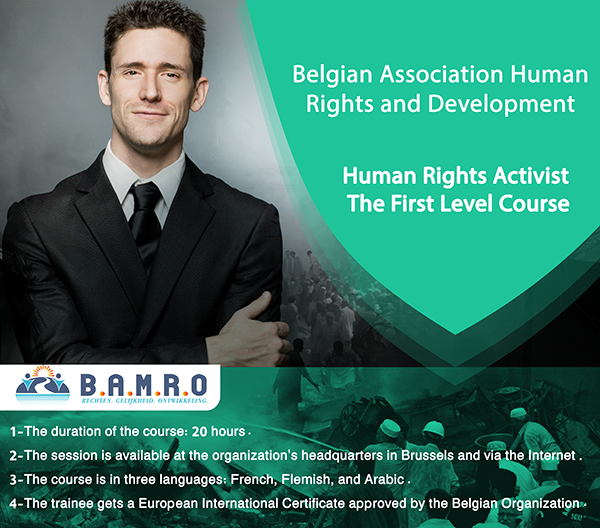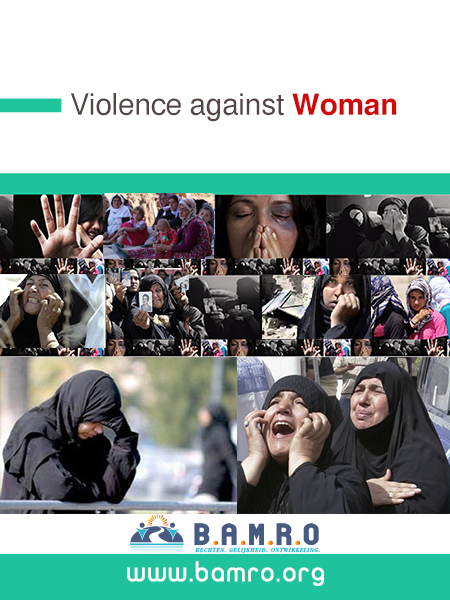Vote
-
For further training via the Zoom program or at our office? ?
Register a
Violation
We you
Contact youS.O.S.
0032 02 7322568
Death penalty incompatible with right to life
Death penalty incompatible with right to life
The infliction of the death penalty is profoundly difficult to reconcile with human dignity, the fundamental right to life, and the right to live free from torture or cruel, inhuman or degrading treatment or punishment, said UN Human Rights Chief, Volker Türk
“The use of the death penalty is egregious against any human being,” UN Human Türk said while addressing the Human Rights Council. “When used against people who have not even committed the crime of which they are accused, it is unfathomable.”
No human institution is perfect, which means devastatingly wrong conclusions can be reached, which, according to Türk, has meant innocent people being killed.
UN Human Rights has long opposed the death penalty, working with States and institutions to abolish it or, at least, enact moratoriums on its use. Through research, reports and work with experts, the Office helps to debunk some of the myths surrounding use of the punishment. For example, UN Human Rights has not found any evidence that the infliction of the death penalty deters crime.
“Evidence strongly suggests that the death penalty has little or no effect on deterring or reducing crime,” said Türk. “In fact, a number of studies have revealed that nations that have abolished the death penalty have seen their murder rates unchanged and, in some cases, decline.”
There is also evidence that the death penalty has been applied in a discriminatory manner, people already marginalized because ethnic origin, religion, linguistic background, sexual orientation, or gender identity, amongst other characteristics.
In a statement last year, the Special Rapporteur on extrajudicial, summary or arbitrary executions Morris Tidball-Binz, and the Special Rapporteur on torture and other cruel, inhuman or degrading treatment or punishment Dr. Alice Jill Edwards said they observed the severe suffering and pain inflicted on a person with a death sentence – from the sentencing up to their execution and “has been increasingly found to be incompatible with the obligations to refrain from torture and ill-treatment.”
UN Human Rights repeated this concern with the recent case of the execution in the United States of America of Kenneth Eugene Smith through the use of suffocation by nitrogen gas. In a statement, the Office said this untested method “could amount to torture, or other cruel, inhuman or degrading treatment or punishment under international human rights law.”
Listings
- 1
- 2
- 3
- 4
- 5









